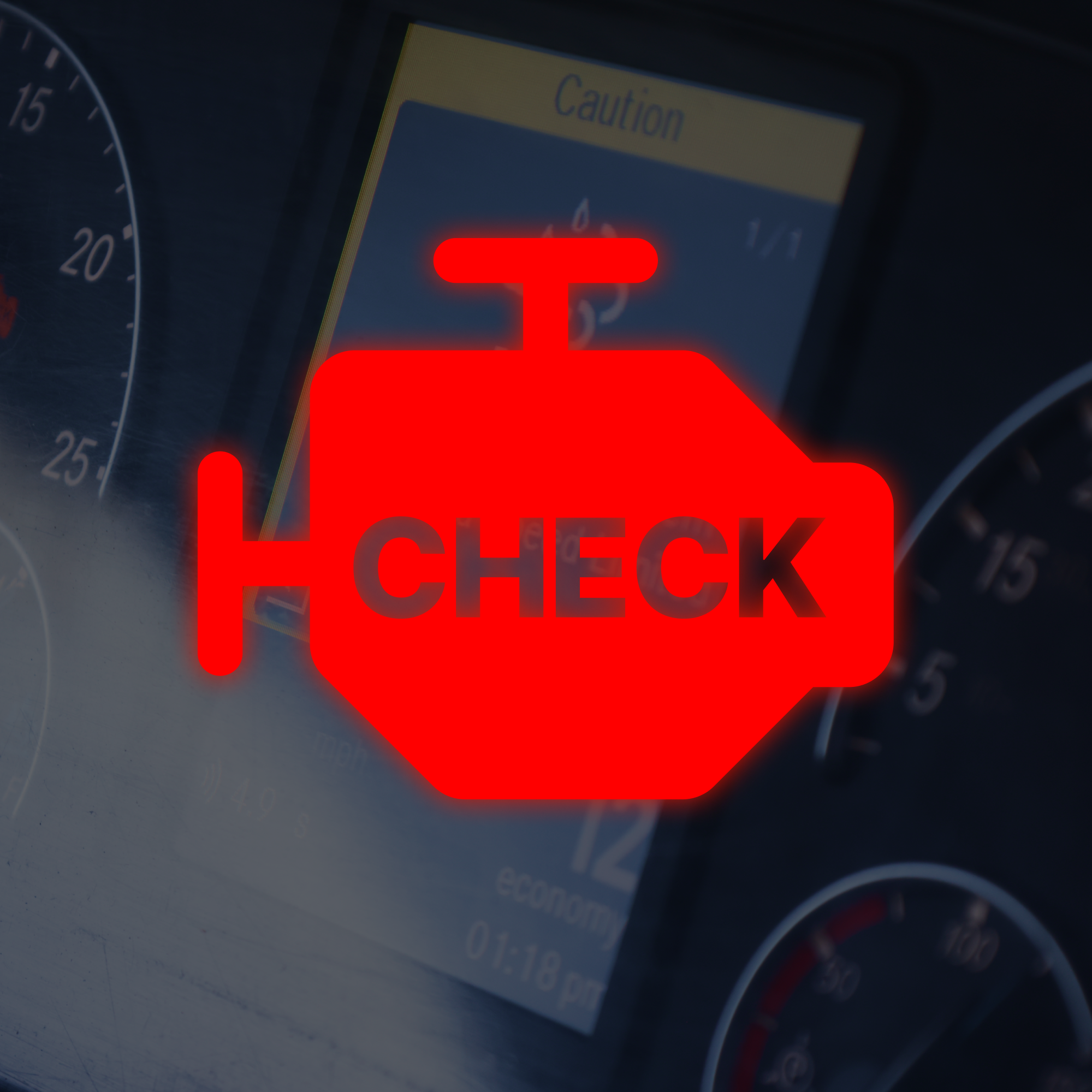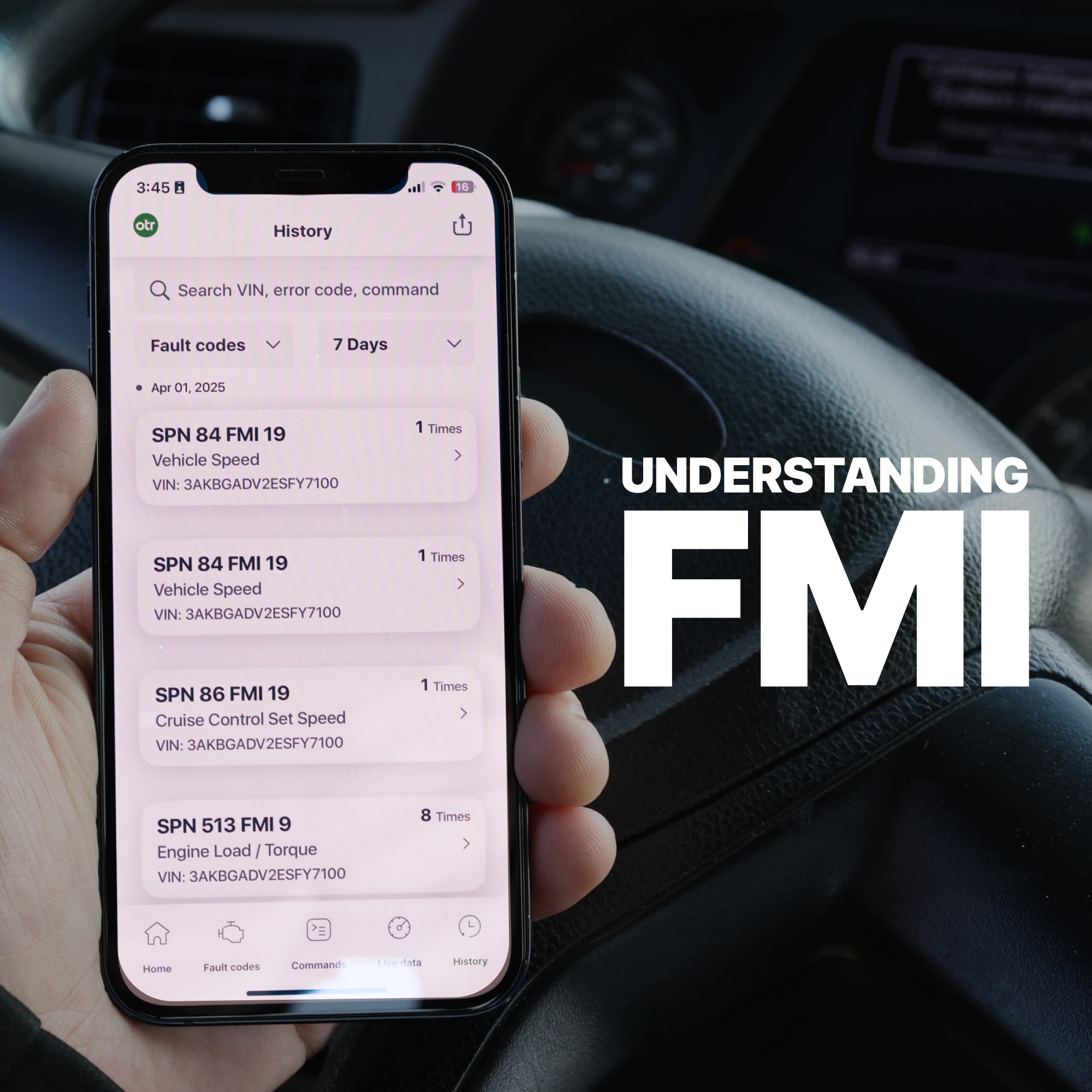The primary reason for running at a loss often comes down to geography, with "cheap freight" frequently chosen to reach a higher-demand area or return home.
Adding the "More than one of the above" option, geography could account for nearly 80% of the total votes.
Comments on this topic reveal various reasons behind unprofitable trucking.
-
"We average our rates over the course of a trip," said one commenter.
-
"Our outbound loads pay more than double the market rate. This allows us to take a load back to our dedicated shipments without losing money. Plus, we have no debt, and we don't factor. So, our cost per mile is lower than most out there today."
It seems "cheap freight" stops being cheap when:
-
It's on your way,
-
It gets you to a better lane, or ...
-
Averaged with the "head haul," you still come out on top.
Another commenter disagreed:
-
"I'll run home empty before I participate in that kind of thinking. It simply perpetuates a broken industry by running for nothing. It lowers the bar."
What are the carriers saying?
Similarly, this commenter urged small fleets and owner-operators to consider the wider impact of load choices:
-
"All those irrational arguments are just brokers' way to negotiate very low and unfair rates, violating one of the most important values of any business, 'social responsibility.'"
Many discussions assume carriers know their true costs when booking. However, a lack of knowledge can lead to revenue shortfalls, as one commenter shared about a nearly unprofitable oversize move:
-
"Not doing my proper research about the cost of oversize permits and the number of escorts and police escorts the state required."
So, how do these carriers hauling unprofitable loads stay in business?
(Remember, only about a third of respondents admitted to hauling cheap freight more than occasionally.)
Our last question asked for owners' impressions/opinions of any carrier routinely running at or close to a loss. Here's how the results turned out:
-
Some owners took a more sympathetic view, with 15% acknowledging the lengths to which many will go to get through hard times without losing everything.
-
A downright optimistic 13% flagged the role of efficiency in competition: A truck that gets 10 mpg will run for less than a truck getting 6 mpg.
-
A final 5% of respondents chimed in with write-in responses. Some blamed foreigners or "visa drivers." Some blamed the government.
Sympathy, Blame, and Survival: Owner-Ops sound off on carriers running at a loss.
"Those carriers are supported by the government, and it needs to stop," one wrote. "CDLs shouldn't be given out like candy. Safety and quality of life are compromised."
Others blamed large fleets for putting the squeeze on owner-operators.
-
“Last man standing who has deeper pockets, or is more efficient, or both," wrote one, summing things up.
Among plenty of broadsides against foreign or immigrant drivers and the government, some took on a tone of personal responsibility.
-
"Almost every owner-operator in my segment of trucking that I’ve asked what their cost-per-mile to operate looked at me as if I were growing a third eye right in front of them," one wrote.
“They Run 10, Insure One”: Inside the world of illegally operated trucks
One pointed to the Federal Motor Carrier Safety Administration's broken registration system and a general lack of enforcement of rules:
-
"I think there is a very real probability that because FMCSA does not enforce the rules currently on the books pertaining to carriers and their legitimacy, as well as driver accountability, there are a lot of illegally operated trucks moving freight for any rate as part of a much bigger illegal enterprise."
-
"Some of these guys have no health insurance, live in their truck and drive crap equipment that is paid off. ... Oh and the companies insure one truck, but they run 10."
Trucking at a Loss: Owner-Ops Call for Accountability, Transparency, and Reform
Many called for brokered-transaction transparency, at the center of perhaps the hottest debate now in trucking. Owner-operators pushing for transparency enforcement or new automated-disclosure mandates believe opaque broker practices push down rates, and that those cheap rates ultimately impact safety, reflected in substandard equipment and safety practices.
One commenter summed it up this way:
-
"We see these operators on the road every day -- bald tires, broken mirrors, bumpers hanging off, leaking oil faster than they can put it in. That is what you can see at 65 mph. What about brakes, suspension, steering components? That is the true cost of low rates: no maintenance.
As an example, how many guys parked their trucks, ran nights or back roads to avoid scale houses during this past blitz week? Why?"
In the final analysis, you don't need to know the whole story of what every other carrier is doing. As many commenters also suggested, one man's cheap freight is another's profitable load.
The best defense against running in the red is knowing your own numbers. If, on top of that, you can improve efficiency to get your costs down and really see the results, then cheap freight stops looking so cheap.




Understanding critical data points in heavy-duty truck diagnostics: What every driver and shop needs to know.
How to recognize a failing turbocharger in your semi-truck